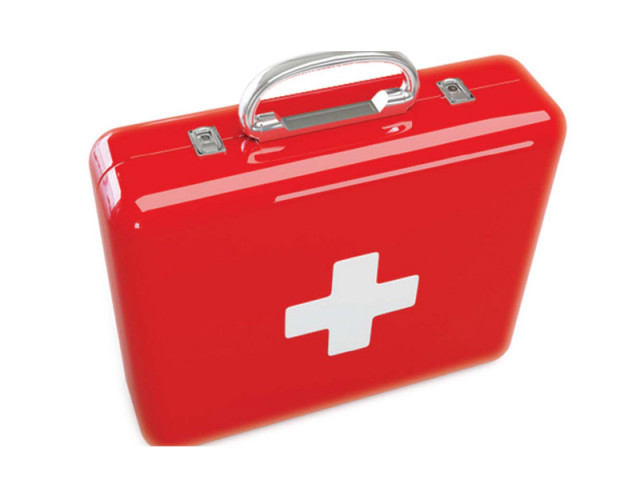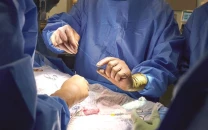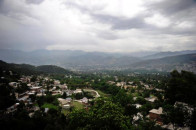Reproductive rights: ‘Parents, teachers and kids don’t know enough’
Study launched on awareness of sexual health issues.

According to report just 39% of girls and 50% of boys in Lahore know about reproductive health rights and 53% of girls and 48% of boys in Karachi. PHOTO: FILE
Most adolescents as well as their parents and teachers know little about their sexual and reproductive health rights, according to a study conducted by an NGO.
Just 39% of girls and 50% of boys in Lahore know about reproductive health rights and 53% of girls and 48% of boys in Karachi, according to a report by Lifeline, a Lahore-based NGO. The situation in Islamabad is relatively better, with 62% of girls and 67% of boys aware of these issues.
Knowledge about contraception, sexually-transmitted diseases, the emotional aspects of growing up and gender-based violence is also low, said Omer Aftab, Chief Executive of Lifeline, at the launch of the report here on Thursday.
“The overall conclusion of the 500-plus-page study can be summarised in one line: most adolescents, caretakers [parents and teachers] and religious leaders have low levels of awareness about basic adolescent rights. The lack of reliable information is shaping the behaviour and practices of a majority of the youth,” Aftab said.
The study aims to gauge the level of understanding about adolescent sexual and reproductive health right issues among key stakeholders adolescents, parents, teachers, politicians, religious leaders, executive district officers, district managers of Population Welfare Departments and NGO representatives. Data was collected from nine districts Islamabad, Lahore, Lodhran, Karachi, Jamshoro, Peshawar, Abbottabad, Quetta and Pishin.

“Peer pressure is a common part of growing up and experienced by many. Most parents and teachers are reluctant to discuss sensitive issues with children and inform them about the physical and emotional aspects of puberty, which pushes them to seek information from unreliable sources and exposes them to exploitation,” the report states.
Lifeline launched an awareness and advocacy campaign, called Hayat, on reproductive health rights last year that has reached hundreds of thousands of people, said Aftab. The launch of the report marks the second phase of the campaign.
The NGO also conducted a review of a course taught in some schools, called life-skill based education, which aims to impart basic knowledge to adolescents to help them to cope with the physiological, psychological, political and social changes in their lives.
“Lifeline’s review of this course has revealed that 83.3% of female and 74.7% of male students have reported an increase in knowledge and change in thinking due to the course. 84.4% of students between 12 and 15 years of age are in favour of the course being taught in schools. Furthermore, no objections were raised to the course by any quarter, including religious leaders and politicians. The study also made some recommendations, and suggested that hard to understand words in the course be replaced with their common counterparts and words be given their local equivalents in Punjabi, Sindhi, Pashto and Balochi,” Aftab added.
Published in The Express Tribune, March 15th, 2013.



















COMMENTS
Comments are moderated and generally will be posted if they are on-topic and not abusive.
For more information, please see our Comments FAQ